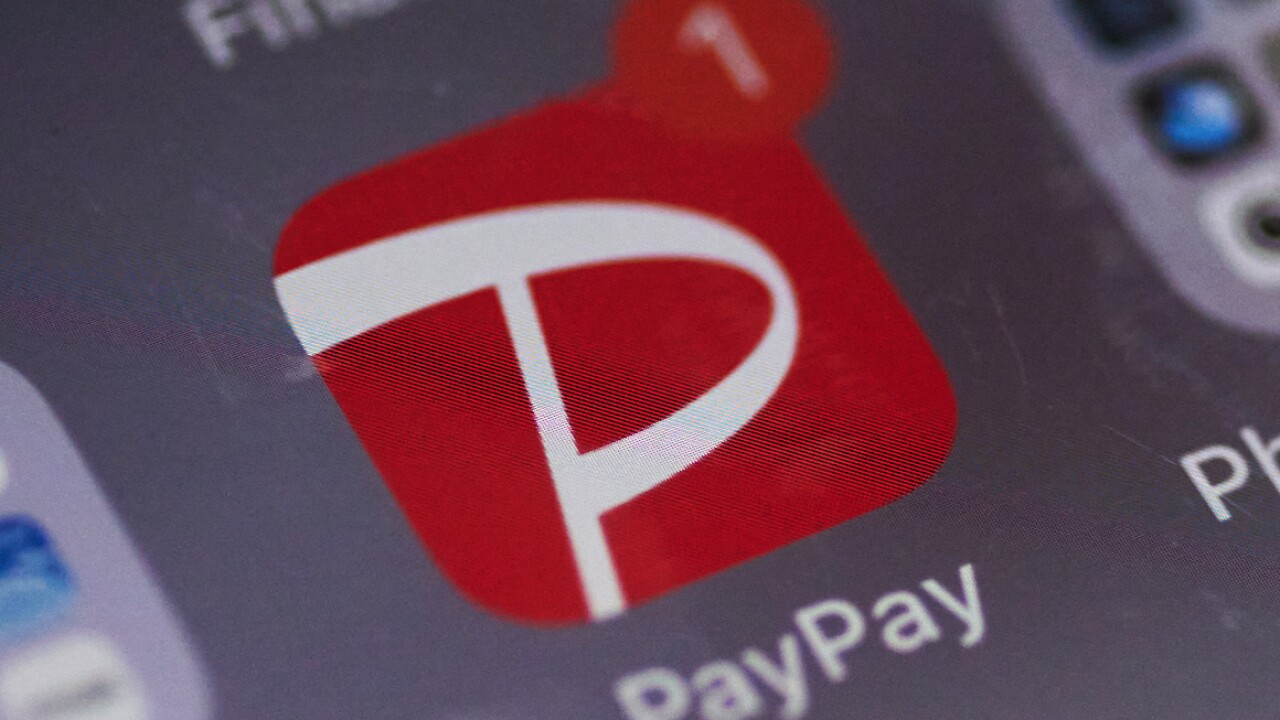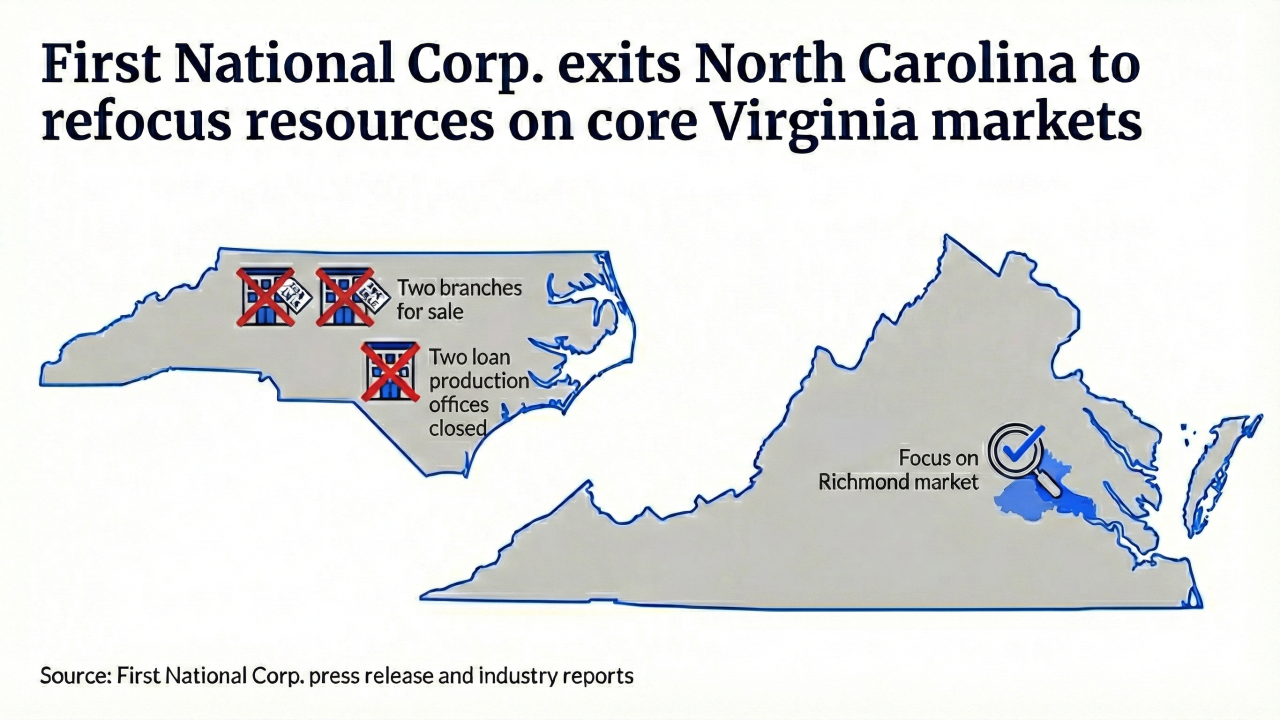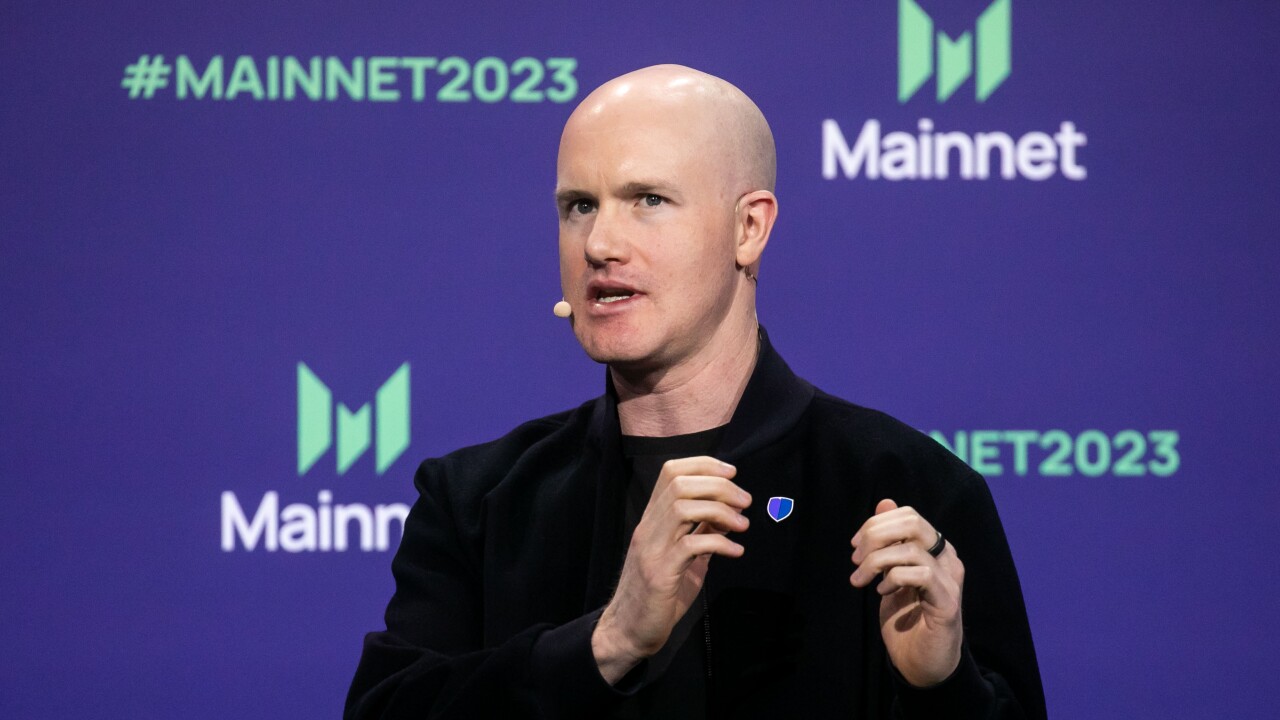More than four years after the Paycheck Protection Program, or PPP, stopped accepting applications, the U.S. federal government is still combating fraud that exploited the emergency fund disbursements, most recently securing a guilty plea by a co-founder of the fintech lender service provider Blueacorn.
The prosecutions are not likely to stop anytime soon. The statutes of limitations for various charges prosecutors use against PPP fraud schemes provides up to 10 years to open cases. Legislation passed in 2022 extended these timelines for PPP-specific charges.
This gives prosecutors until 2030 to 2031 to file charges, depending on when the particular fraudulent application was submitted.
PPP disbursed just under $800 billion to 11.7 million businesses,
The SBA OIG's estimate pegs the total pandemic-era fraud figure — fraud that targeted both PPP and the Emergency Injury Disaster Loan program — at over $200 billion in total. Of that, as of the end of 2023, the Department of Justice had criminally charged more than 3,500 defendants for losses exceeding $2 billion related to pandemic fraud.
The Department has also seized more than $1.4 billion in stolen COVID-19 relief funds and secured over 400 civil settlements and judgments totaling in excess of $100 million. Beyond formal actions, informal efforts with financial institutions have resulted in the return of billions of dollars in fraud proceeds, though specific figures are not available.
Blueacorn co-founders guilty
Last week, Nathan Reis
Blueacorn, a company Reis co-founded in April 2020, purportedly helped small businesses and individuals secure PPP loans. However, Reis and his co-conspirators submitted fraudulent applications, fabricating tax documents and bank statements to falsify income and payroll figures for ineligible recipients.
They also profited by charging borrowers' fees based on a percentage of the funds received, incentivizing larger, fraudulent loans.
Reis faces up to 20 years in prison, with sentencing scheduled for Nov. 21.
The development follows
Hockridge also fabricated documents and coached borrowers on submitting false information through a service Blueacorn offered to clients, named VIPPP. Hockridge staffed the service with co-conspirators who worked as referral agents and coached borrowers on how to submit false information.
Other notable settlements
Beyond the Blueacorn case, the Department of Justice has secured other settlements.
Last week, three Chinese-owned companies – BWI North America, BWI Indiana and BWI Chassis Dynamics –
The U.S. alleged these entities were ineligible because they were majority-owned by Chinese government enterprises and, with global affiliates, exceeded SBA's employee size standards, despite certifying eligibility in their applications.
Last year, the bankrupt fintech lender Kabbage
Kabbage did not scrutinize applications closely enough for fraud and failed to implement proper fraud controls, prioritizing larger fees over due diligence, prosecutors said.
Lessons for financial institutions
The sheer volume of fraud can be attributed to several factors, including the fast rollout of PPP funds, a lack of initial regulatory oversight and the federal government's 100% guarantee of PPP loans, which reduced financial risk for lending banks.
This environment attracted an overwhelming number of fraudsters seeking easy money.
While some financial institutions like Prosperity Bank have faced relatively small penalties — Prosperity agreed in 2022 to pay $18,670 for approving a $213,400 loan to an ineligible doctor whose criminal charges bank employees knew about — the implications for the industry are significant.
PPP fraud cases are,
The ongoing investigations emphasize the importance of robust compliance measures and thorough due diligence, particularly when partnering with third-party service providers like fintechs.






